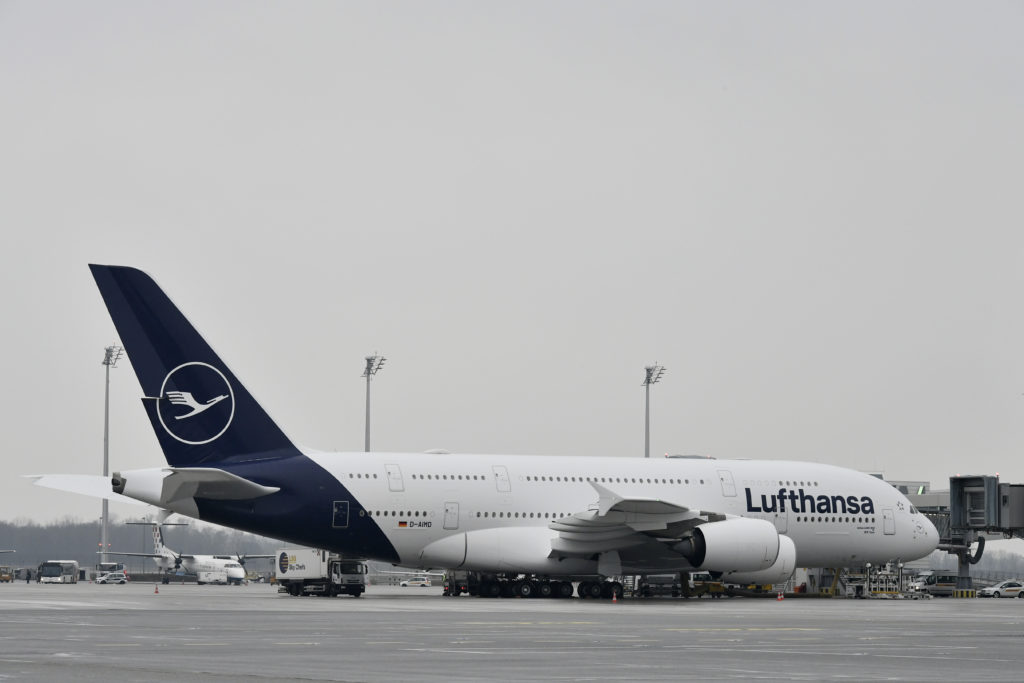
(TAN): Carsten Spohr, Chairman of the Executive Board of Deutsche Lufthansa AG said the spread of the coronavirus has placed the entire global economy and our company as well in an unprecedented state of emergency.
“At present, no one can foresee the consequences. We have to counter this extraordinary situation with drastic and sometimes painful measures. At the same time, we must live up to the special responsibility that airlines bear in their home countries. We are doing everything we can to bring as many passengers as possible home on relief flights,” he said, adding that the longer this crisis lasts, the more likely it is that the future of aviation cannot be guaranteed without state aid.
At EUR 2 billion, the adjusted EBIT of the Lufthansa Group was in line with the forecast despite considerable charges. The main drivers for the decline were a EUR 600 million increase in fuel costs and a noticeable economic slowdown, especially in the Group’s home markets. Earnings development was also impacted by high price pressure in the European market due to overcapacity and the weakening of the global airfreight market.
Lufthansa Group revenue in 2019 rose by 2.5% to EUR 36.4 billion (previous year: EUR 35.5 billion). The adjusted EBIT margin was 5.6% (previous year: 8%).
Consolidated net profit fell by 44% to EUR 1.2 billion (previous year: EUR 2.2 billion). Unit revenues of the passenger airlines in the Group fell by 2.5% in 2019, adjusted for exchange rate effects, in particular due to the overcapacity in the Lufthansa Group’s home markets. At the same time, unit costs adjusted for fuel and currency effects were reduced by 1.5% in 2019, the fourth year in succession.
In 2019, the Lufthansa Group invested EUR 3.6 billion (previous year: EUR 3.8 billion), a large part of which in new aircraft.
[ALSO READ: Four Seasons Hotel Boston announces partnership with lifestyle brand TB12]
Adjusted free cash flow fell to EUR 203 million (previous year: EUR 288 million) due to lower profits and higher tax payments.
Return on capital employed (adjusted ROCE) after taxes decreased to 6.6% (prior year: 10.8%). At year-end, interest-bearing net liabilities amounted to EUR 4.3 billion. Including lease liabilities of EUR 2.4 billion recognized for the first time as a result of the application of IFRS 16, net debt thus amounted to around EUR 6.7 billion (prior year: EUR 3.5 billion). Pension liabilities rose by 14% to EUR 6.7 billion (previous year: EUR 5.9 billion), mainly due to the lower interest rate used to discount pension obligations, which fell to 1.4% (previous year: 2%).




